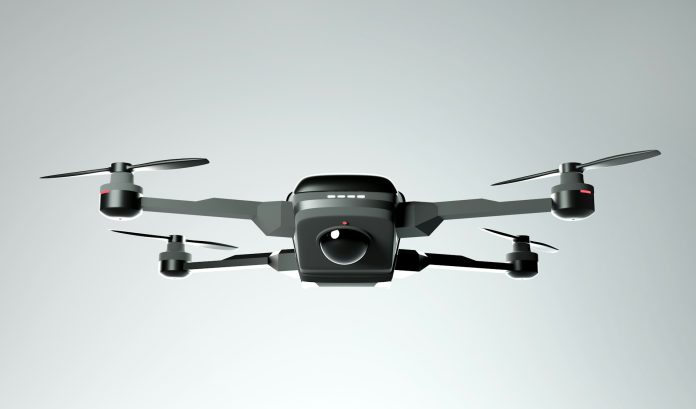In recent years, commercial drones have soared in popularity, proving to be invaluable across numerous industries. One sector where these unmanned aerial vehicles are making a significant impact is agriculture.
If you’re a farmer yourself, understanding the benefits of incorporating drone technology into your operations is crucial. With so many uses, you can see improvements in several major processes.
Sound interesting? Then keep on reading. In this article, we will explore the top advantages of commercial drones in agriculture, and how they can enhance productivity, efficiency, and sustainability.
Precision Farming
Precision farming is all about making informed decisions to maximize crop yield. UAVs can assist with this by providing detailed aerial imagery that helps farmers identify problem areas. This allows for spot treatments, saving time and resources.
In short, agriculture experts no longer have to rely on guesswork. The real-time data insights provided by a professional drone will enable timely interventions. This level of precision ensures that every part of the crop gets the attention it needs.
Enhanced Crop Yield Forecasting
Accurate forecasting is essential for planning and marketing. Drones can provide precise estimates of crop yields, helping farmers make informed decisions about their sales and distribution.
With accurate forecasts, businesses can meet demands and maximize their profits. Additionally, as we mentioned above, any issues can be treated early to further improve yield.
Improved Livestock Management
Drones aren’t just for crops – they are also valuable tools for livestock management. Farm owners can use this technology to monitor livestock health, track movement patterns, and ensure their animals are safe and secure.
After detecting issues, farmers can make informed decisions about feeding, breeding, and overall herd management. This leads to healthier livestock and more efficient operations. Not to mention the time savings as they can quickly cover large pastures.
Environmental Sustainability
By enabling targeted treatments and precision farming, drones can help reduce the usage of chemicals like fertilizers and pesticides. This promotes environmental sustainability, and farms can greatly reduce their carbon footprint.
Furthermore, these practices help in maintaining biodiversity. By limiting chemical usage and optimizing resource allocation, unmanned aerial vehicles contribute to a healthier environment.
Increased Farm Safety
Farming is known to be hazardous, with various risks associated with manual labor and machinery operation. Drones can improve safety by reducing the need for physical inspections and manual tasks.
As previously discussed, farmers can use these devices to monitor their fields, access conditions, and even perform some tasks remotely. By minimizing the need for manual interventions, they reduce the risk of accidents and injuries. This promotes a safer working environment for farm workers.
Final Words
As you can see from the above, the integration of drones into agriculture is revolutionizing the industry. From precision farming to improved livestock management, they offer numerous advantages that allow farmers to stay ahead of challenges, optimize resource use, and achieve better yields. Whether you’re a small-scale farmer or managing several large crops, it’s worth looking into this incredible technology.



 Bitcoin
Bitcoin  Ethereum
Ethereum  Tether
Tether  XRP
XRP  Solana
Solana  USDC
USDC  TRON
TRON  Cardano
Cardano  Lido Staked Ether
Lido Staked Ether  Avalanche
Avalanche  Toncoin
Toncoin